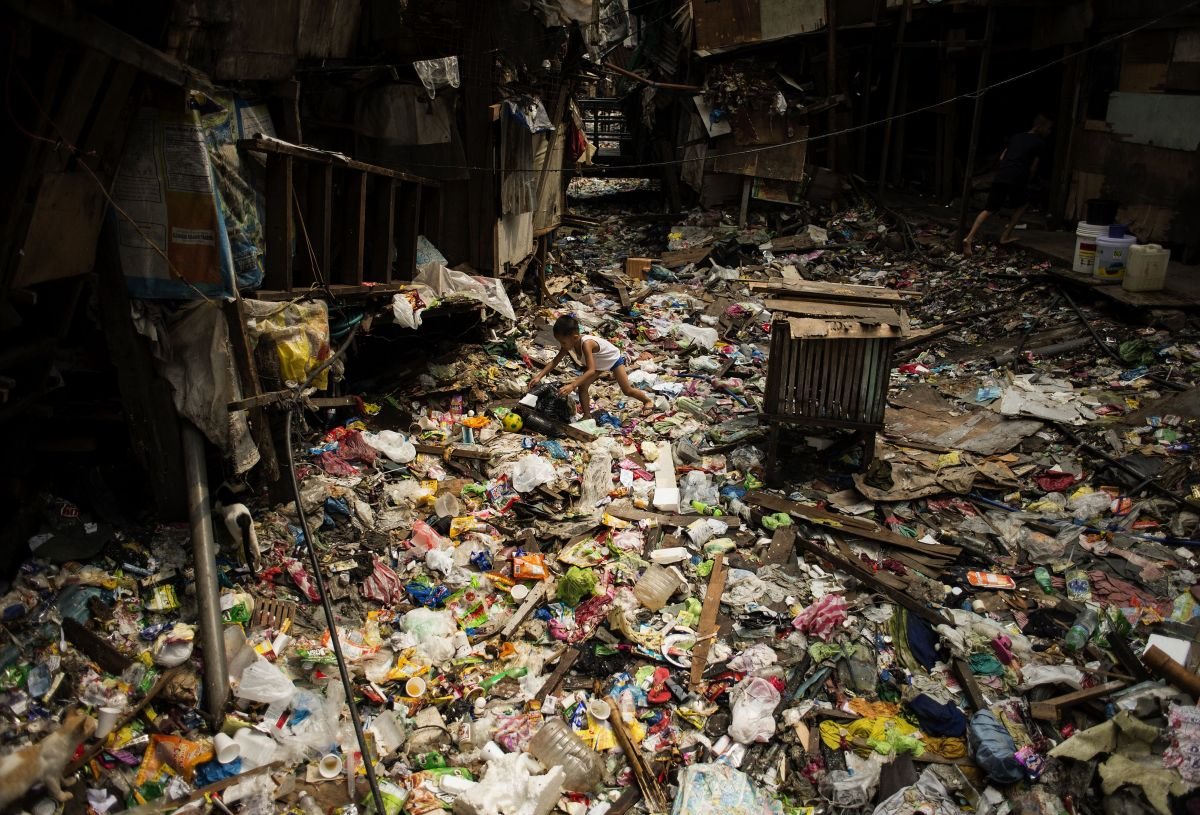An increasing consumer appetite for sustainable packaging is powering a new wave of startups.
With the packaging market being valued at as much as €1 trillion globally, it has become a ripe field for startups to enter with digital products that bring efficiency to a highly traditional industry.
This is likely why Packmatic, a Berlin-based digital packaging marketplace, has recently raised a €15 million Series A round, with the majority of funding coming from EQT Ventures. Other investors included HV Capital, xDeck, and several high-profile angel investors. Packmatic plans to use the capital to expand further into European markets.
The company is just one of many startups breaking into this industry.
Another successful example is Packhelp, a Polish company founded in 2015, which raised $58.2 million in 2021. In total, Packhelp has received $58.2 million in funding from investors such as PROfounders Capital, InfraVia Capital Partners, the European Investment Bank, Inovo VC, and Speedinvest.
Packhelp offers a software as a service (SaaS) product for enterprise clients and prioritizes sustainability by providing customizable and environmentally-friendly packaging options.
Similarly, other startups in this field have seen growth due to the increased demand for packaging during the pandemic, as the rise in food deliveries and online shopping has led to a significant surge in packaging use.
One such company is Sourceful, based in Manchester, England, which raised a $19 million Series A funding round in 2022. Index Ventures led the round, with participation from Coatue, Venrex, and Eka Ventures.
According to Sourceful, 36% of consumers have expressed concerns about sustainability in their packaging. To address this issue, their platform allows businesses to find products from a marketplace of vetted suppliers across the UK and Asia. Additionally, Sourceful offers an ISO-verified carbon footprint estimation approach to analyze the sustainability of their clients’ product choices.
These packaging startups all have a common goal of providing solutions for both businesses and consumers in a traditionally complex and non-transparent industry. The limited price transparency and clunky buying processes have been ongoing issues, while suppliers have struggled to gain visibility.
Packmatic claims to have the solution, boasting a network of over 300 packaging suppliers across Europe, which is utilized to match large companies and fast-moving consumer goods (FMCG) brands with specialized packaging suppliers. They state this can result in up to 15% cost savings for their customers, with a crucial focus on sustainable packaging.
Matthias Geiss, Co-Founder and Managing Director at Packmatic, explains further:
“The three main reasons why customers use us are cost savings, sustainability, and a packaging management system. We have a software platform that allows them to manage all their packaging needs online.”
“We aggregate paper-based and plastic waste packaging on the supply side and act as a one-stop shop for enterprise customers, with an average platform spend of 200,000 euros for finding better suppliers across Europe.”
Geiss adds that EQT Ventures was chosen as the lead investor due to their understanding and experience in disruptive business models for traditional industries. He also notes that their team consists of former entrepreneurs and startup operators, making them an ideal partner for Packmatic.
Rania Belkahia, Partner at EQT Ventures, states in a press release:
“The European packaging market is valuable, yet it remains opaque, fragmented, and largely non-digital. Packmatic’s platform offers a unique solution – a cost-effective, fully digital marketplace that advocates for the shift to low-carbon packaging.”
Clearly, these packaging startups are on the right track.
In a survey of 19,000 people across the US, Japan, Germany, France, Italy, China, India, and Brazil, a report by BCG found that 36% of consumers expressed concern about sustainability in their packaging. However, only 1% to 7% of these consumers had paid a premium for sustainable purchases.
This gap suggests that there is a growing demand from consumers for more sustainable packaging options, creating pressure for suppliers to respond accordingly. This trend further solidifies the potential for success among these new marketplaces and packaging solutions.
Remember to use appropriate HTML tags for formatting and structure. For example, use tags for emphasized text, tags for italicized text, and tags for links to relevant sources or further information.








